The Privilege of Choice
In 2007, my perception of our world was altered in a meaningful way. I was 24, and I had just applied to graduate school before getting on a plane to spend time in Africa where I had contributed to building a primary school. It was this trip, six years ago, which set the stage for what would turn out to shape not only my perspective, but also my purpose: enabling opportunities in education.
With an early start to the day, I was ready to change the world, although I did not yet appreciate that first I needed to understand it. There I was. So far from what I knew as my reality; so far from those I loved. As we headed towards the site, the roads were unpaved and the air was dry. We drove past more than one slum, looking down each time out of fear of making eye contact and perhaps offending the wrong person. Cameras weren’t used here to capture what we saw, but emotions of disbelief and sadness imprinted in my memory. This wasn’t my reality, but it was the reality of many.
Hours later we had arrived, and there was the first school that I had helped to build for children I had never met before. Although the bell had rung and the school day was over, they stayed to meet the visitor from Canada. As I got out of the car, the children grabbed my hands, touched my hair and said jambo to greet me. The excitement was overwhelming and their impatience with me to learn their names and pose for pictures with them was amusing. They wanted to be remembered beyond that day.
Later that afternoon, I saw two mothers leaving the site with their children. Both had infants strapped to them using long pieces of fabric while carrying pails with what I assumed was water from a well nearby. Their children were running ahead, anxious to go back home.
These children didn’t choose to not have access to electricity, clean running water or basic primary education. They were just children. They were born into this circumstance, a circumstance that any one of us could have been subjected to without choice.
It was in that moment that I realized: this could have been me.
During my short stay, I was given a glimpse into the limitations and realities that children in rural communities faced. While I was choosing what graduate school I would apply to, these children were choosing whose turn it was to walk half a day, barefoot, for water. I questioned what I was taught to believe were my basic human rights and why they were practised as privileges in different parts of our world. I questioned whether I recognized and appreciated the access to opportunities that I had.
Six years later, contributions were made to three primary schools in Africa and South America, and to an initiative to support uniforms and textbooks for orphans. After conducting research in Ecuador, a teacher-training centre was conceived of and built in rural Kenya to guide early childhood educators in the community. Each contribution has come with its lessons and has inspired and led to the next project. Each one has shown me that we have the privilege of choice to help those who are in circumstances that they themselves did not choose — and where there is choice, there is possibility.
Rumeet Billan
Guest Social Entrepreneurship Editor
Rumeet Billan is a social entrepreneur, educator and PhD candidate at the University of Toronto. She is the president and CEO of Jobs in Education and over the past seven years has contributed to school-building initiatives in Africa and South America. She teaches, writes and speaks on leadership, social entrepreneurship and youth wellness. At the age of 25 and again at 28, Billan received the honour of being named one of Canada’s Most Powerful Women. She continues to integrate her business and doctoral studies with her passion for creating change through education.
www.rumeetbillan.com
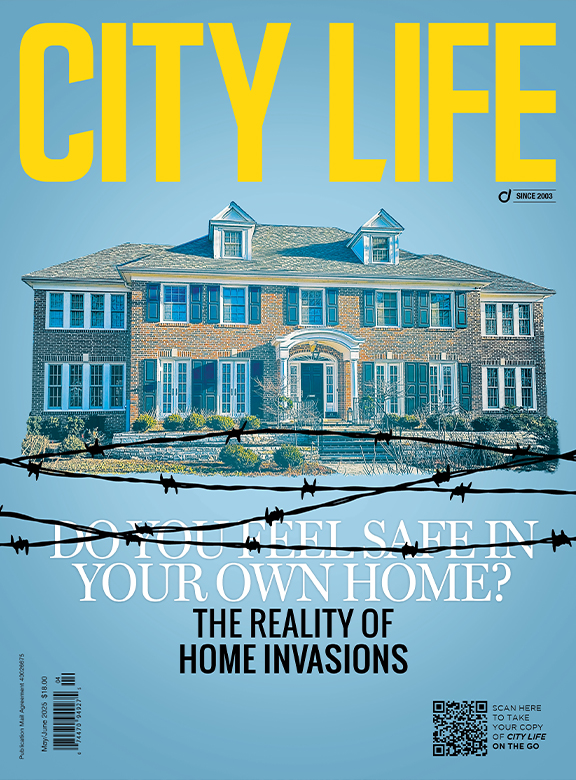






































































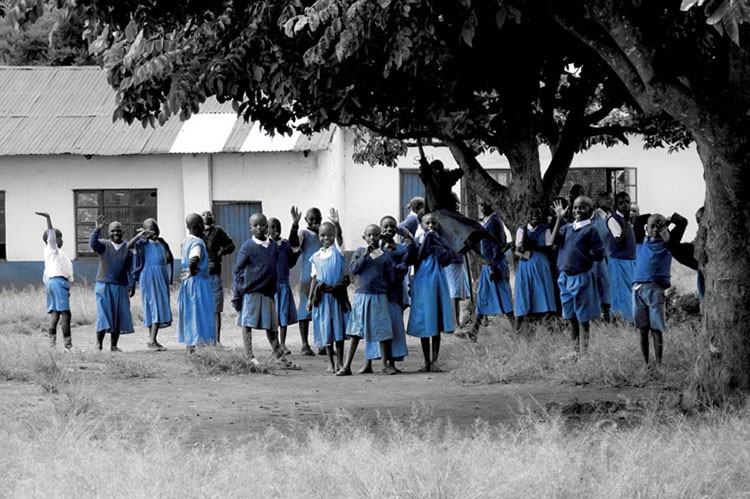
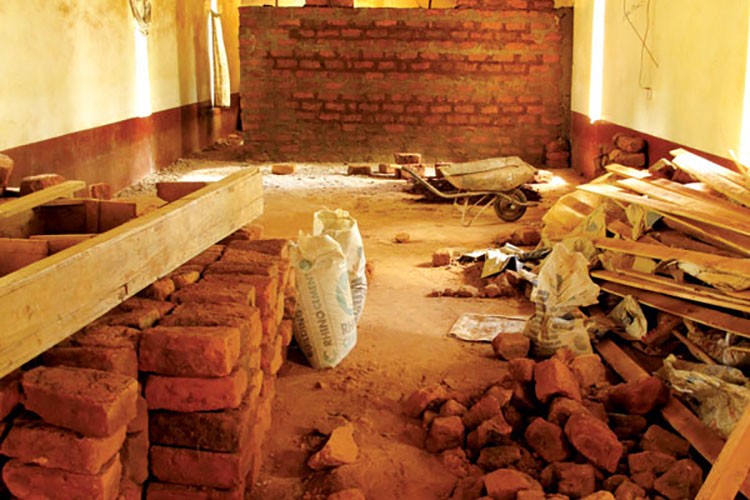
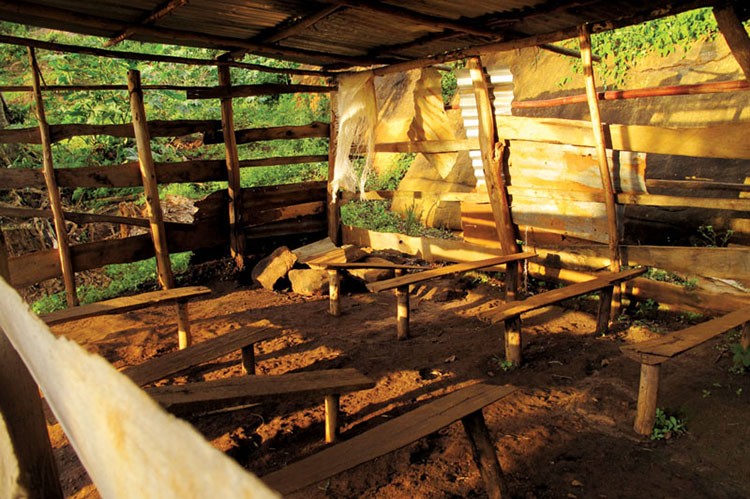
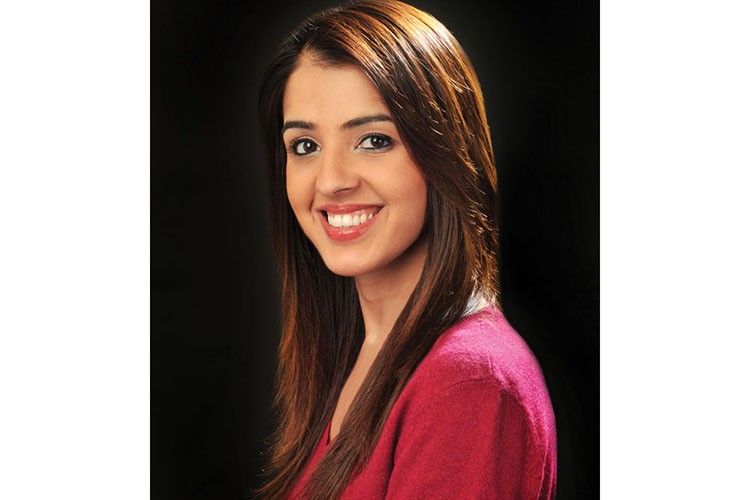
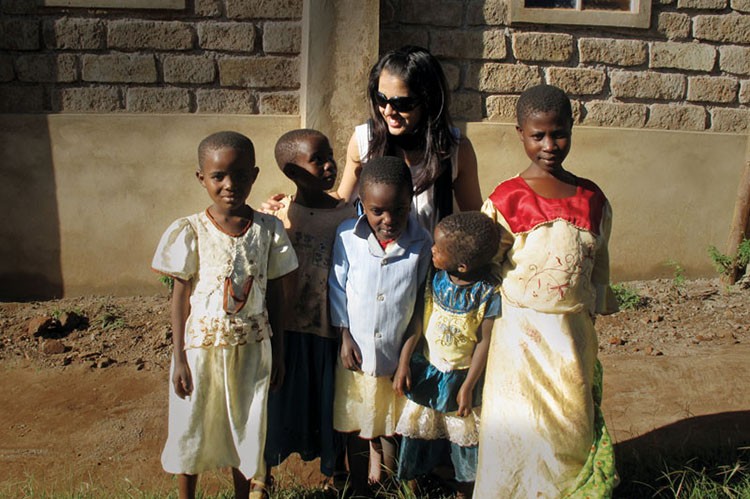
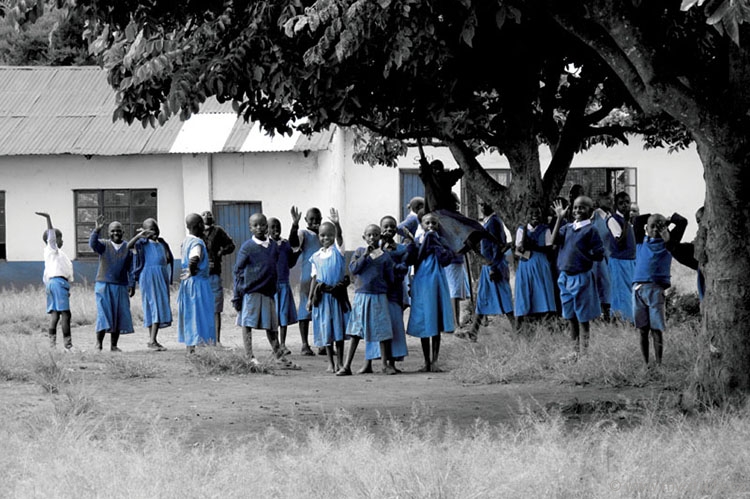




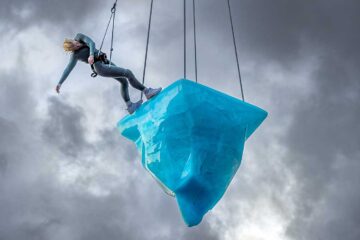

No Comment